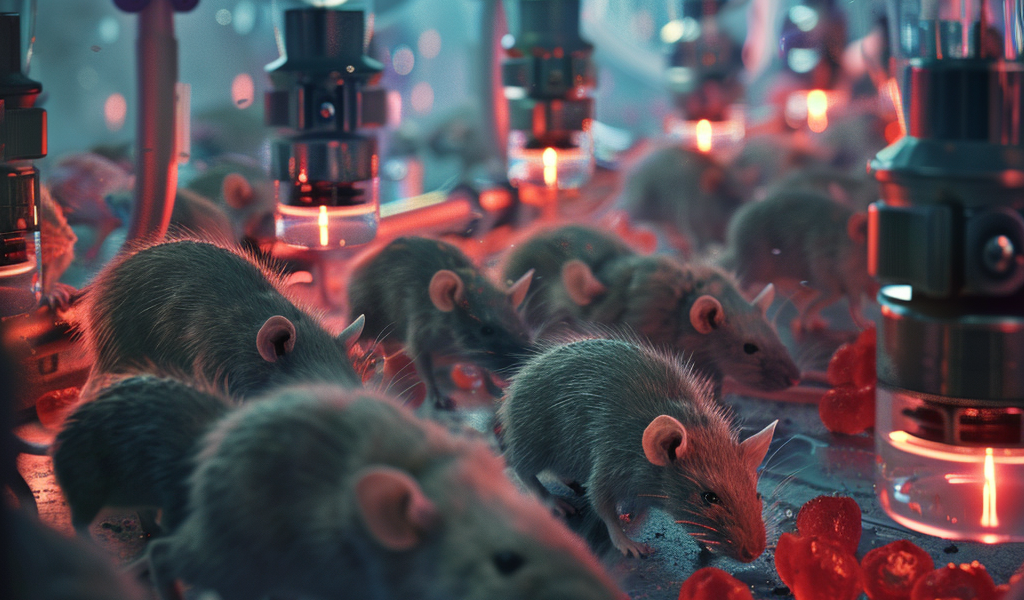A recent study has shed light on the potential anti-inflammatory effects of a 5:2 fasting diet, attributing the benefits to the presence of two specific proteins. The research, conducted by experts from the German Cancer Research Center (DKFZ) and the University of Tübingen, explored the impact of intermittent fasting on liver health.
Non-alcoholic fatty liver disease (NAFLD) is a prevalent chronic condition globally, characterized by the accumulation of fat in the liver unrelated to alcohol consumption. Factors such as genetics and obesity contribute to the development of NAFLD, which can progress to non-alcoholic steatohepatitis (NASH), a more severe form associated with liver inflammation and scarring, raising the risks of liver failure and cancer.
The study involved feeding mice a diet high in fats and sugars to induce NASH. While one group had unrestricted access to this diet, another group followed a 5:2 intermittent fasting regimen, involving two non-consecutive days of fasting per week. Despite consuming more on non-fasting days, the fasting group did not experience weight gain, exhibited reduced signs of liver disease, and displayed lower levels of liver damage biomarkers compared to the unrestricted diet group.
Researchers observed that the 5:2 fasting diet made the mice more resistant to developing NASH. Further experimentation revealed that a 5:2 fasting schedule outperformed a 6:1 regimen, with 24-hour fasting periods proving more beneficial than 12-hour fasts.
An analysis of the liver tissue from fasting and non-fasting mice unveiled two specific proteins responsible for the protective effects of the fasting regimen. These findings highlight the potential of simple dietary modifications, such as intermittent fasting, in disrupting the progression of liver diseases associated with unhealthy diets and obesity.





